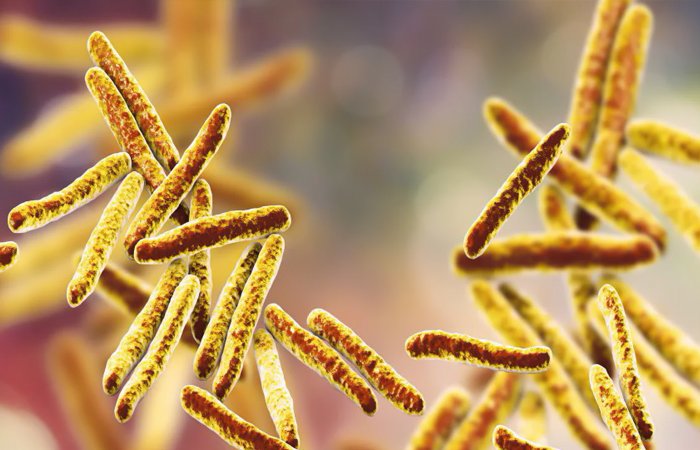M.Phil Microbiology
M.Phil Microbiology

Course Details
Core Subjects
- Advanced Microbial Genetics: Study of genetic variation, molecular genetics, and gene expression in microorganisms.
- Microbial Physiology and Biochemistry: Understanding the biochemical and physiological processes of microorganisms.
- Immunology: Exploration of the immune system and its interaction with pathogens.
- Pathogenic Microbiology: Focus on microorganisms that cause diseases, their mechanisms of pathogenicity, and host responses.
- Environmental Microbiology: Study of microbial processes in the environment, including soil, water, and air microbiology.
Elective Subjects
- Industrial Microbiology: Application of microbiological techniques in industrial processes, such as fermentation and bioprocessing.
- Medical Microbiology: Detailed study of pathogens causing human diseases and their treatment.
- Bioinformatics: Use of computational tools to analyze microbiological data, including genomic and proteomic studies.
Research Methodology
- Quantitative and Qualitative Research Methods: Techniques for conducting scientific research, including data collection, analysis, and interpretation.
- Statistical Methods: Application of statistical tools in microbiological research.
Dissertation/Thesis
- Original Research Project: Students conduct independent research on a topic of interest within microbiology, culminating in a written thesis and oral defense.
Career Opportunities
Academic and Research Positions
- Research Scientist: Conduct research in academic or industrial labs, focusing on areas such as microbial genetics, pathogenesis, or environmental microbiology.
- University Lecturer/Professor: Teach microbiology courses and supervise research at universities and colleges.
- Research Fellow: Work on research projects funded by grants or institutions, often within academic or governmental research organizations.
Healthcare and Clinical Roles
- Clinical Microbiologist: Work in hospitals or diagnostic labs to identify pathogens, interpret test results, and contribute to patient care.
- Infectious Disease Specialist: Collaborate with medical professionals to study and manage infectious diseases.
Industrial and Biotech Sectors
- Biotechnologist: Apply microbiological knowledge in the development of new biotechnological products and processes, such as pharmaceuticals, vaccines, and biofuels.
- Quality Control Analyst: Ensure that products meet safety and quality standards in industries like pharmaceuticals, food and beverage, and cosmetics.
Environmental and Agricultural Sectors
- Environmental Consultant: Assess and manage the impact of microorganisms on environmental processes and pollution control.
- Agricultural Microbiologist: Work on improving soil health, crop yields, and pest management through microbial interventions.
Government and Regulatory Bodies
- Public Health Microbiologist: Work with government agencies to monitor and control infectious diseases, and ensure public health safety.
- Regulatory Affairs Specialist: Ensure compliance with regulations and standards in microbiological research and product development.
Entrepreneurship and Consultancy
- Consultant: Provide expert advice to companies and organizations on microbiological issues, including product development and regulatory compliance.
- Entrepreneur: Start your own business in areas such as biotechnology, environmental services, or health-related products.
An M.Phil in Microbiology provides a strong foundation for a career in both research and applied fields, with opportunities to specialize in areas that match your interests and career goals.



